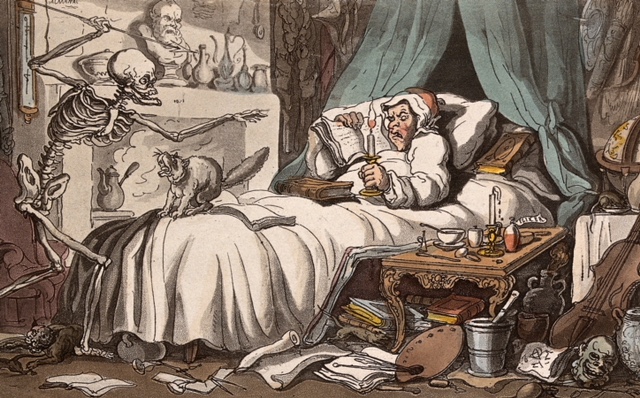Themes
Connecting Art, Music, and Literature
Estates in the areas of art, music, and literature possess commonalities as well as differences. Commonalities, e.g., may be found in creativity as the source of the artistic estates, in the distinct importance of the relation between the decedent and their works, and in questions relating to copyright. Differences may be found in different value chains of the works of the artistic estates, in the public that is interested in the artistic estates, and in the marketing strategies relating to the artistic estates.
Precisely because of the simultaneousness of those commonalities and differences the Centre for Artistic Estates (ZKN) combines the areas of art, music, and literature. The chances of mutual transdisciplinary inspiration seem to be especially good, if, in fact, the combined areas present fundamental commonalities, but still differ sufficiently from each other.
Important questions relating to artistic estates
The ZKN is not only dedicated to different kinds of artistic estates but it also addresses questions from different points of view regarding those estates, be it methodical, legal, commercial or ethical questions. In particular, the ZKN looks into the following subjects regarding artistic estates:
- Who will tend to the artistic estate following the passing of the collector, artist, musician, and writer? This includes, among others, the question of the apportionment of the artworks’ copyrights and property rights as well as the apportionment of the personal rights of the decedent.
- What strategy should be followed in the administration of the artistic estate and to what extend may or wants the decedent to make binding guidelines for such a strategy? This is of special importance to posthumous releases, reproductions, and edits of artistic works.
- What is the scope of the artistic estate? Collections often grow without this being systematically noted.
- What are the conservational needs of the artistic estate? This pertains particularly to art, but also to music and literature, especially in relation to sheet music, manuscripts, etc.
- What is the financial worth of the artistic estate? Due to the individuality of the (material and immaterial) works, this regularly is a difficult question but of considerable importance, particularly in order to comply with possible forced heirship and to determine the amount of the inheritance tax due. The artistic estate’s financial worth also plays an important role in determining whether its upkeep is secure for the long run.
- What are the fiscal aspects of passing and inheriting an artistic estate? E.g., heirs of an artistic estate may see themselves confronted with the situation that the decedent didn’t declare their (immaterial and material) works properly in their tax returns, be it that not all of the works were declared, be it that they were attributed an incorrect value.
- What other sources of income are there besides the artistic estate itself to fund the upkeep of the artistic estate? Especially in cases in which the artistic estate represents the major part of the value of the estate as a whole, additional funding is needed.
The Events Organised by the ZKN
The ZKN deals with those question by organising conferences, seminars, and lectures:
- Conferences address a broad public and usualy combine the areas of art, music, and literature.
- Seminars address a smaller public, concentrate on a single topic, and last between one and several days.
- Lectures address a broader public, concentrate on a singel topic, and last between half an hour and an hour.

Thomas Rowlandson, The Antiques Dealer writes his will, coloured aquatint, 1815.